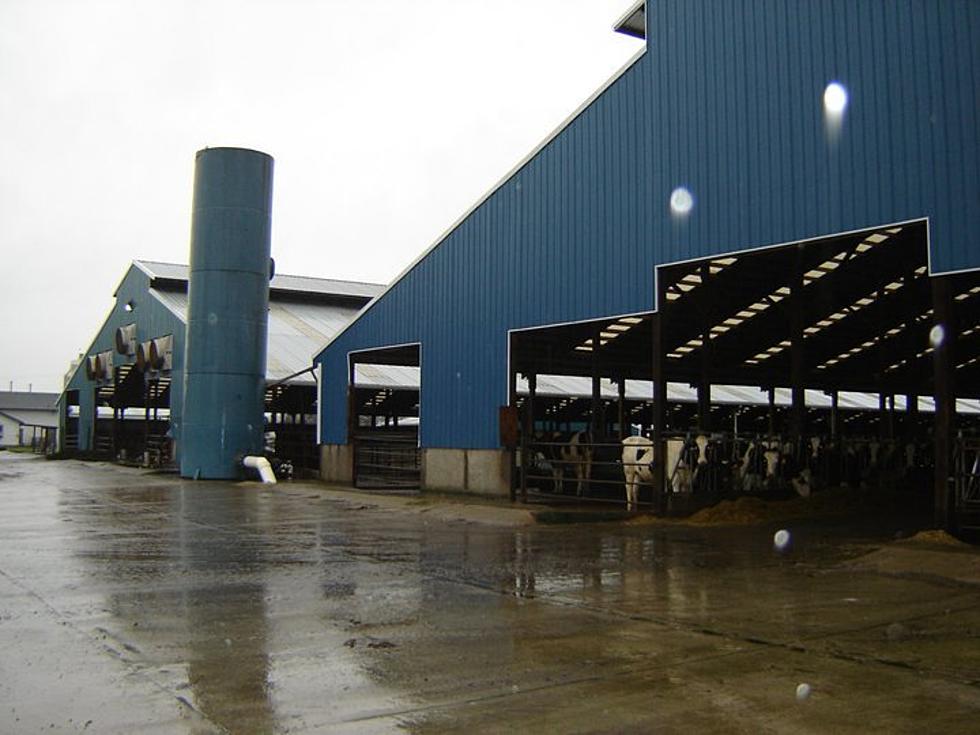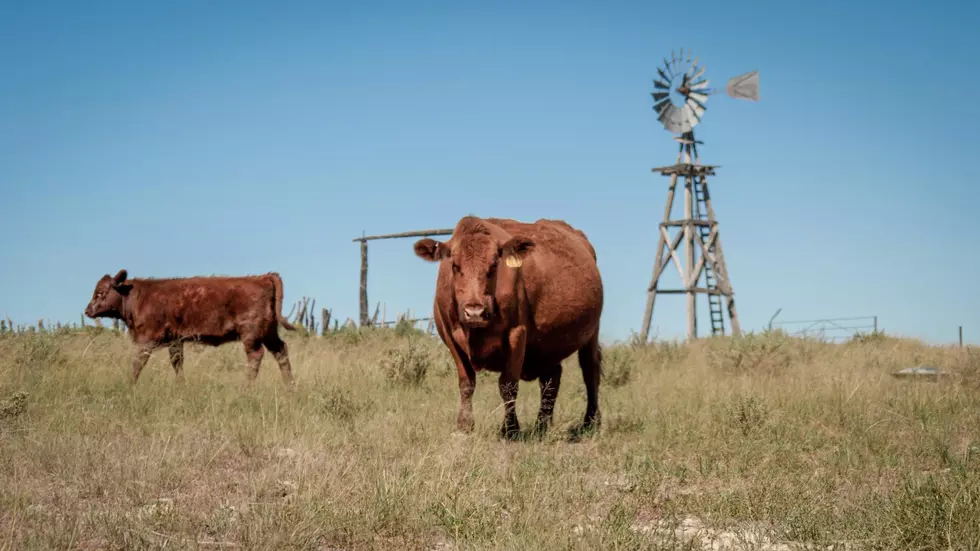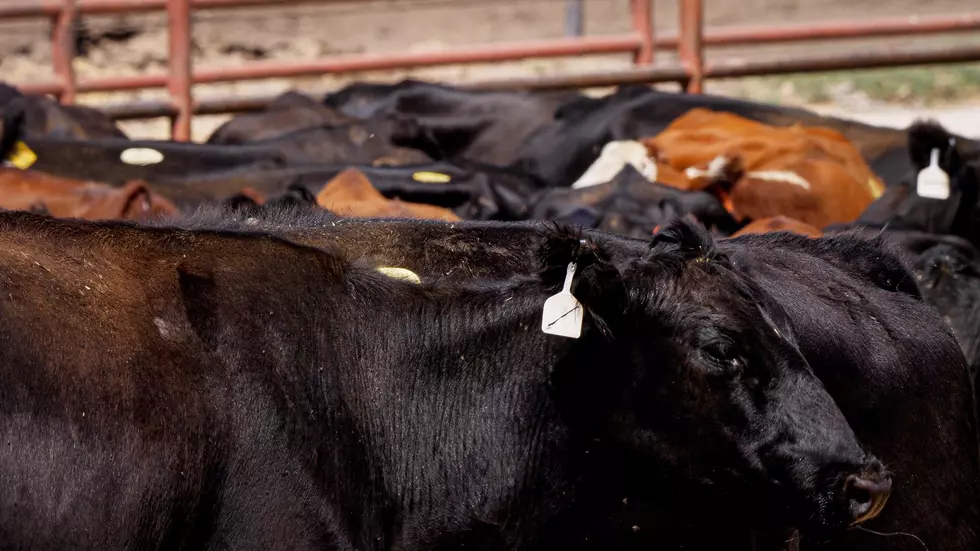
Beef Industry Responds To Report That Planet Cannot Sustain Meat Production
The U.S. beef industry is responding to a new global study that says the planet won’t be able to sustain enough meat production to feed the more than 9-billion people expected by mid-century. Twenty-three authors across the globe argue in the study that a dramatic change in dietary habits, including much less meat and more produce, will be needed to feed a massive world population without destroying the planet. The authors claim growing meat consumption will require more feed crops, land, water, and energy use, further depleting resources and harming the climate.
“We produce the same amount of beef today with one-third fewer cattle required as compared to the mid-1970s" said Sarah Place is the sustainable beef production research director for the National Cattlemen's Beef Assocaiton. "That means we’ve reduced our environmental impacts both per unit of beef, things like greenhouse gas emissions, but also in total. It’s all the things that producers have done. Better genetics of animals our feeding practices in terms of understanding animal nutrients requirements and feeding them appropriately.”
The report also cites food waste as another big problem, with about a third of food, some $2,500 per family per year, wasted.
“Reducing that food waste can have benefits in terms of cutting greenhouse gas emissions, as most food ends up in the garbage and it goes to a landfill and makes methane emissions which is a greenhouse gas, and it can save people money. If we think about all the money people spend on food that they don’t actually eat.”
Place said a National Academy of Science study last year concluded if all Americans stopped eating meat and there were no livestock, U.S. greenhouse gas emissions would drop by just 2.6%, while diets would lack vitamin B-12 and enough protein.
If you have a story idea for the Washington Ag Network, call (509) 547-1618, or e-mail gvaagen@cherrycreekradio.com
More From PNW Ag Network









